Hotline: +381 61 63 84 071
Crossing into Hungary, with nothing but hope
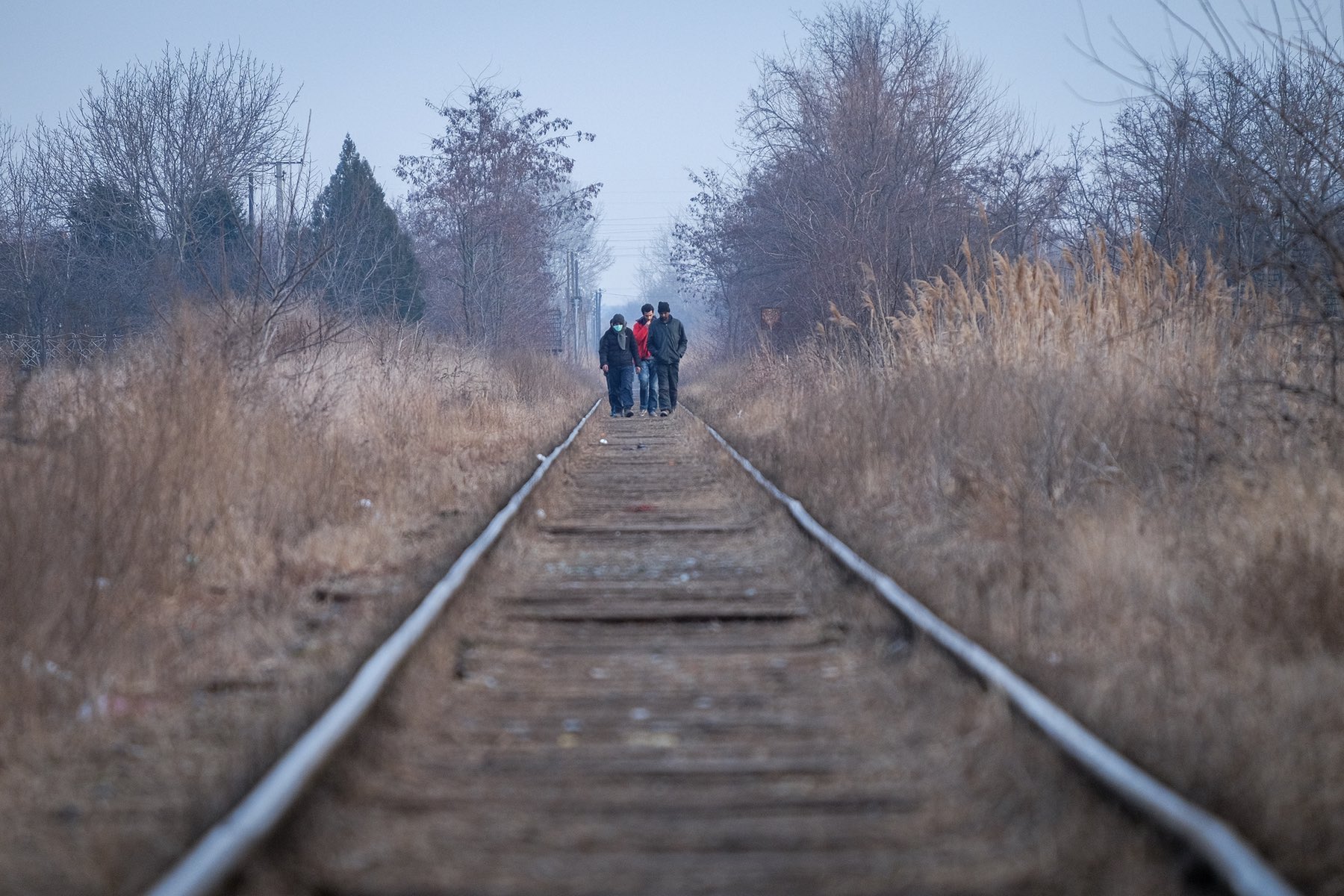
The border town of Subotica, in northern Serbia, stands as a crude example of the terrible conditions experienced by thousands of people stranded across the Balkans.
As they try to cross the border with Hungary, they are routinely pushed back by police. Many of them live in makeshift camps. To survive, they rely on the assistance from volunteers and aid organizations, including Oxfam.
OUT IN THE WOODS
Out in the woods. That’s were hundreds of migrants live, poorly covered by plastic tents and tarpaulins. Oxfam and partners are providing a lifeline for them. In addition to clothes and blankets, migrants are offered another, no less valued, form of support: the chance to talk with another person and to feel they are not alone.
Many of the people here have made long journeys – the majority come from Pakistan. Salman, 19, is one of them: “I left Pakistan 10 months ago. It was a long journey for me. I moved through Iran to Turkey; then travelled across Greece, Albania and Montenegro. Now it’s been 4 months since I arrived in Serbia.”
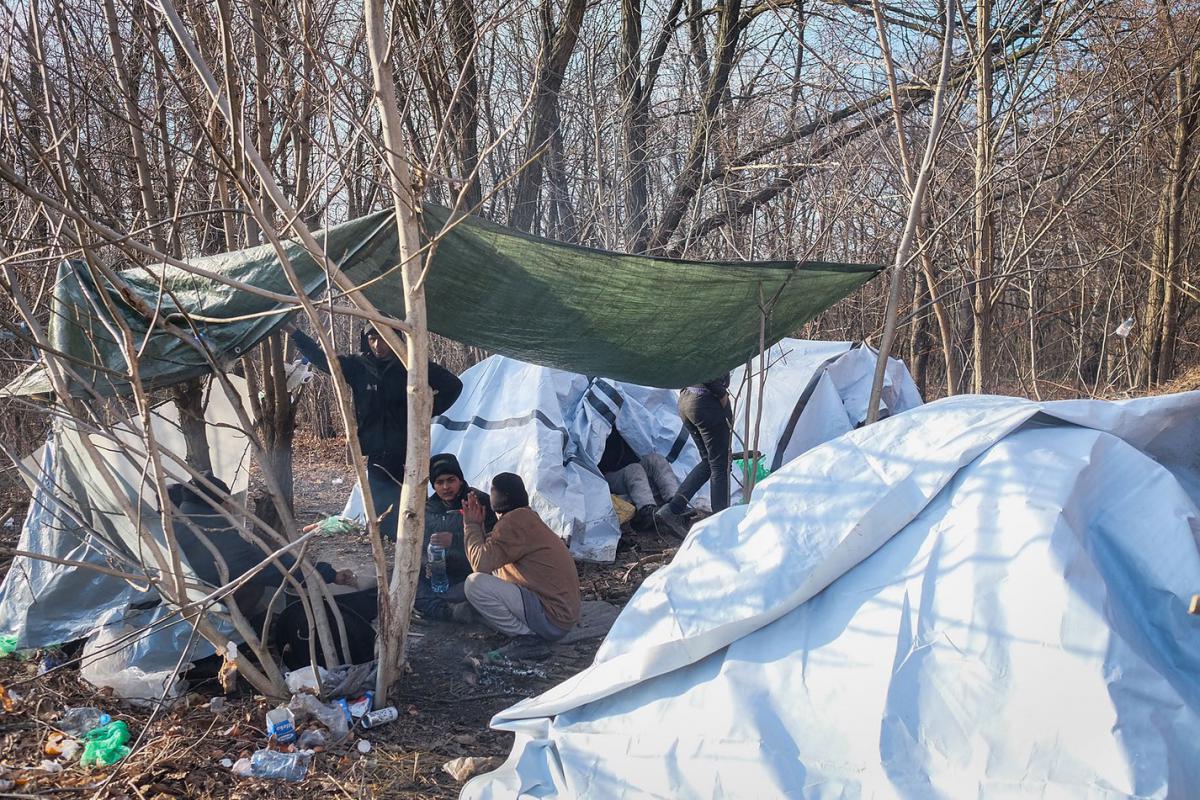
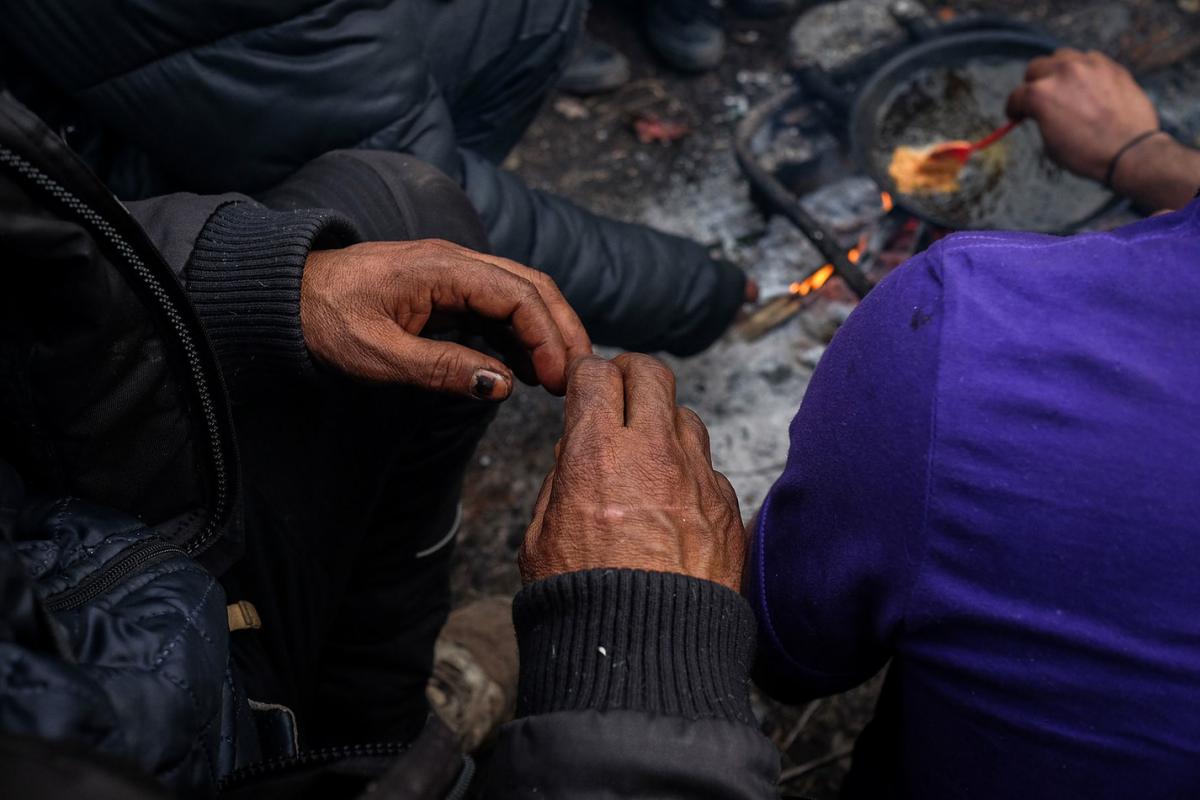
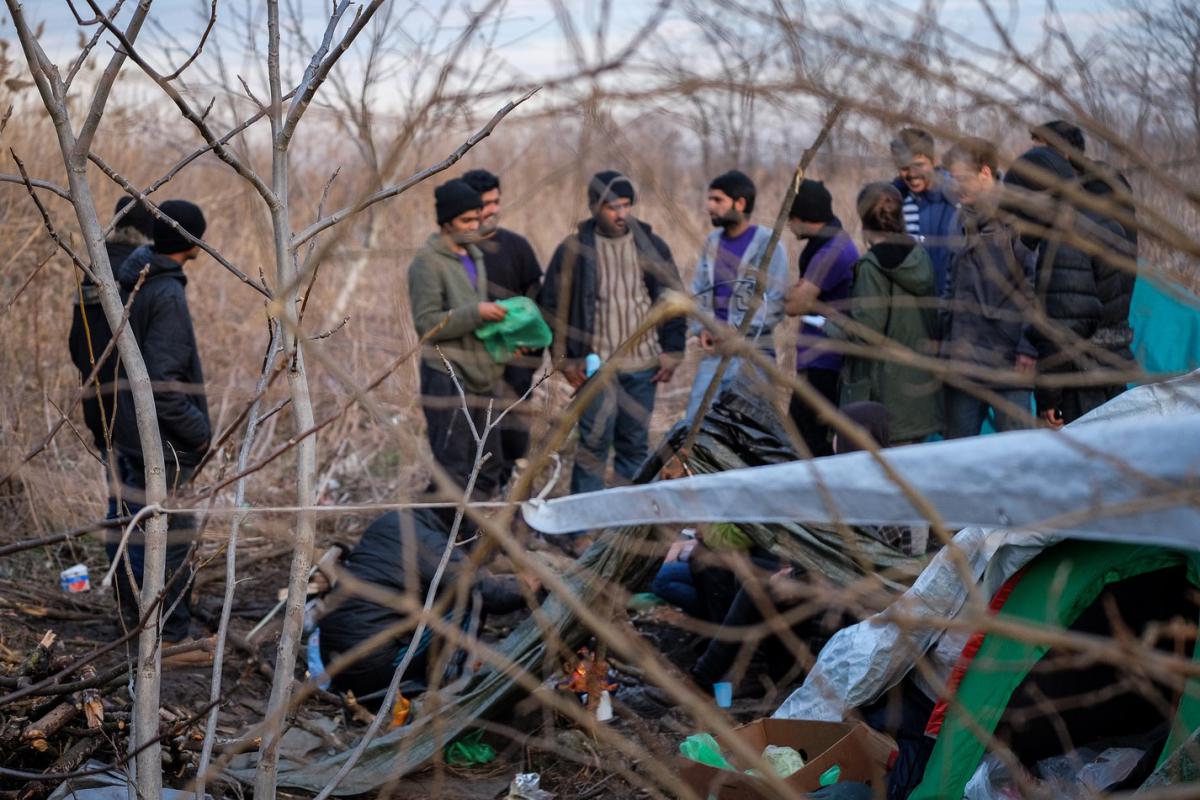
REJECTED AND ABUSED
Salman is desperate to cross the border with Hungary*. Like many others, he has been trying to cut through the razor-wire fence nine times now. People usually do so in situations of high alert: day and night, the Hungarian police patrol the frontier, ready to catch those who dare to make the gamble.
The people we met told us that police also strip their clothes off, throwing buckets of ice-cold water at them before pushing them back. But Salman and many others have not given up: “I am scared, but I will try [to cross the border] again. I have no other options.”
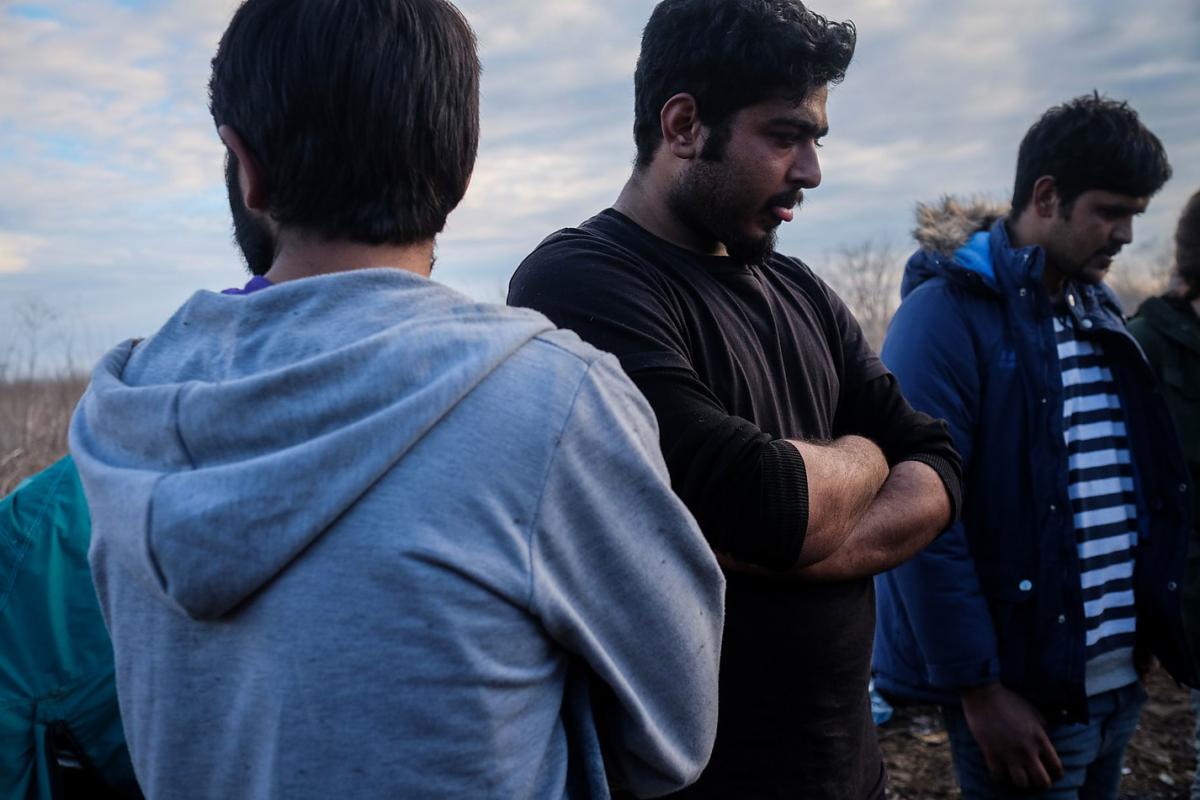
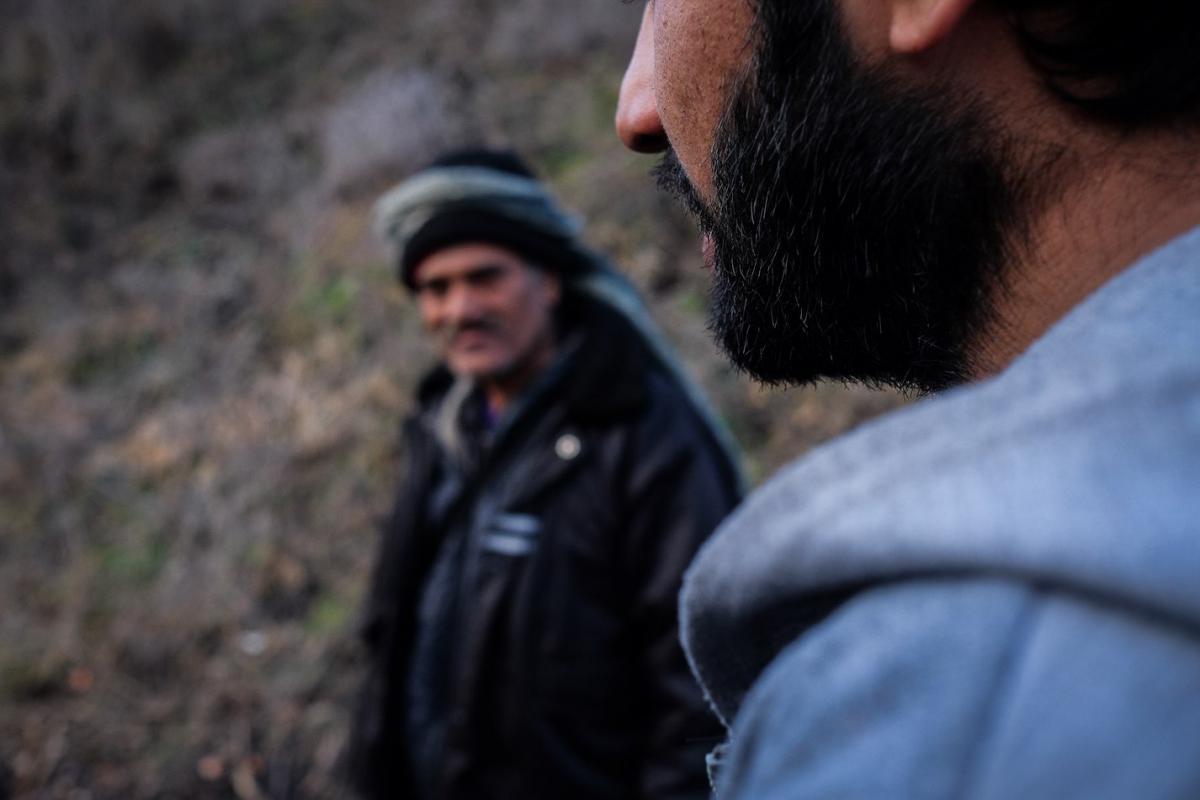
LIFE IN THE CAMPS
People who now wait for their opportunity to get through the fence say that, when they first arrived in Serbia, crossing into Hungary seemed an easy task. But the borders have proven impenetrable. Some have wandered from Belgrade’s abandoned warehouses to government sites for months.
Almost all the open camps run by the government have reached capacity. The Preševo camp, near the Macedonian border, is where Salman stayed for a few weeks after being transferred from a transit centre close to Croatia. As he grew frustrated with conditions he describes as ‘prison-like’, he finally got in touch with a smuggler: “I told him I wanted to go back to Belgrade. He suggested I tell authorities I wanted to return to Macedonia. Police deported me there.”
After repeated attempts, he managed to set foot in Serbia again. But his dream is to reach Western Europe.
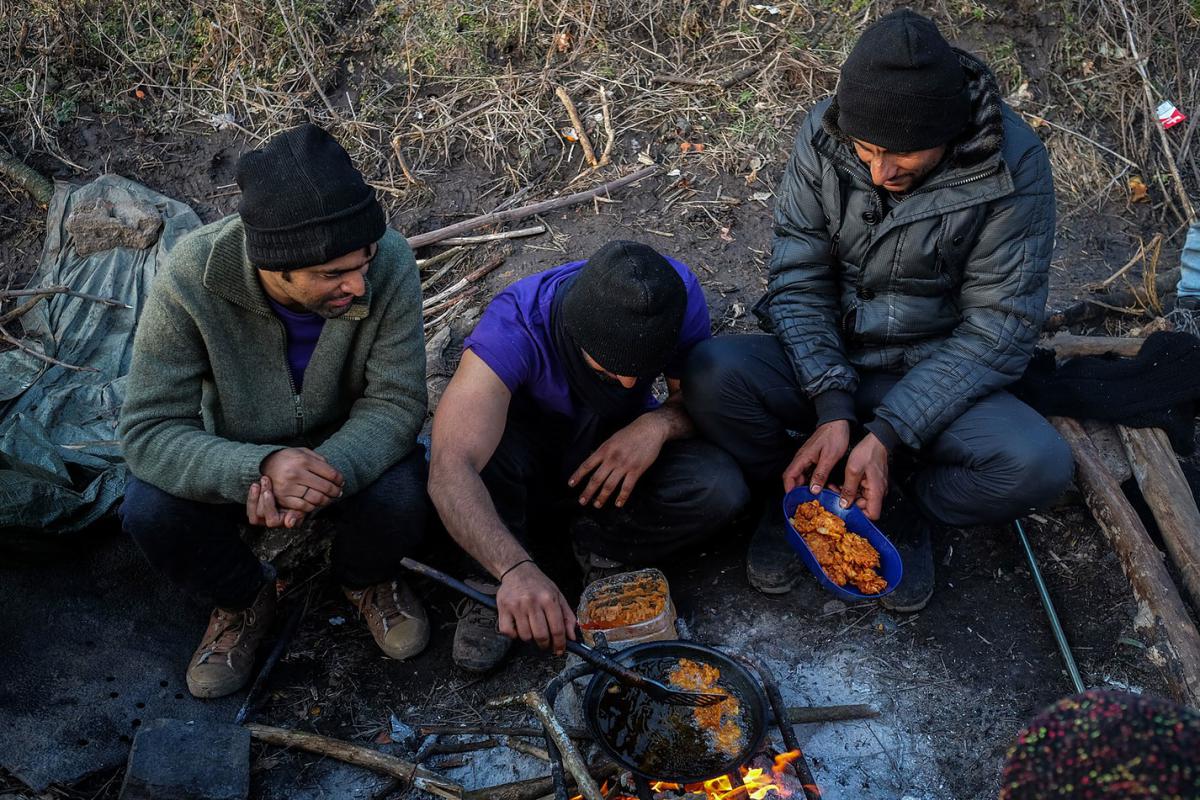
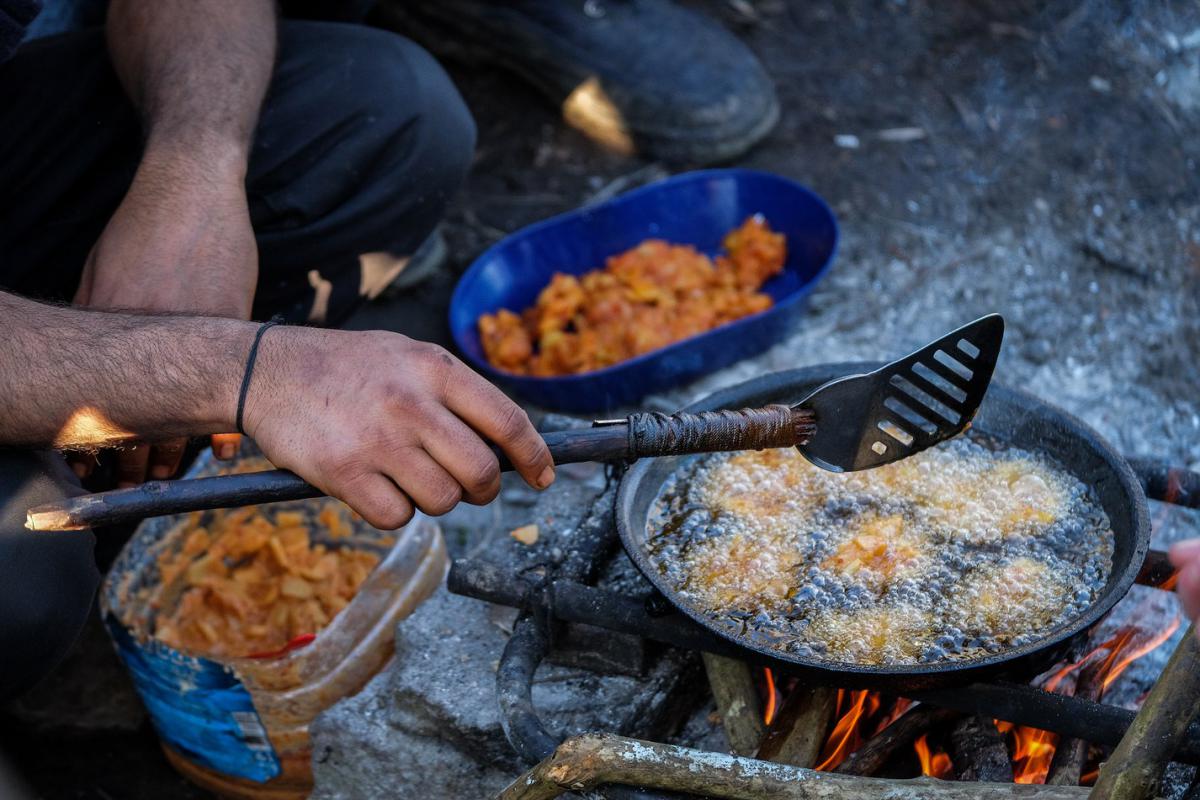
A DREAM SURVIVING ALL HARDSHIPS
It is difficult to believe that the hardships endured by Salman could leave any room for hope. Yet, when asked after his plans, he answers: “I want to reach Germany to continue my studies. My brother and sister are waiting for me there.”
However, an inescapable uncertainty threatens to tear his dream apart: “Now I don’t know what will happen. I spent all my money on the way.”
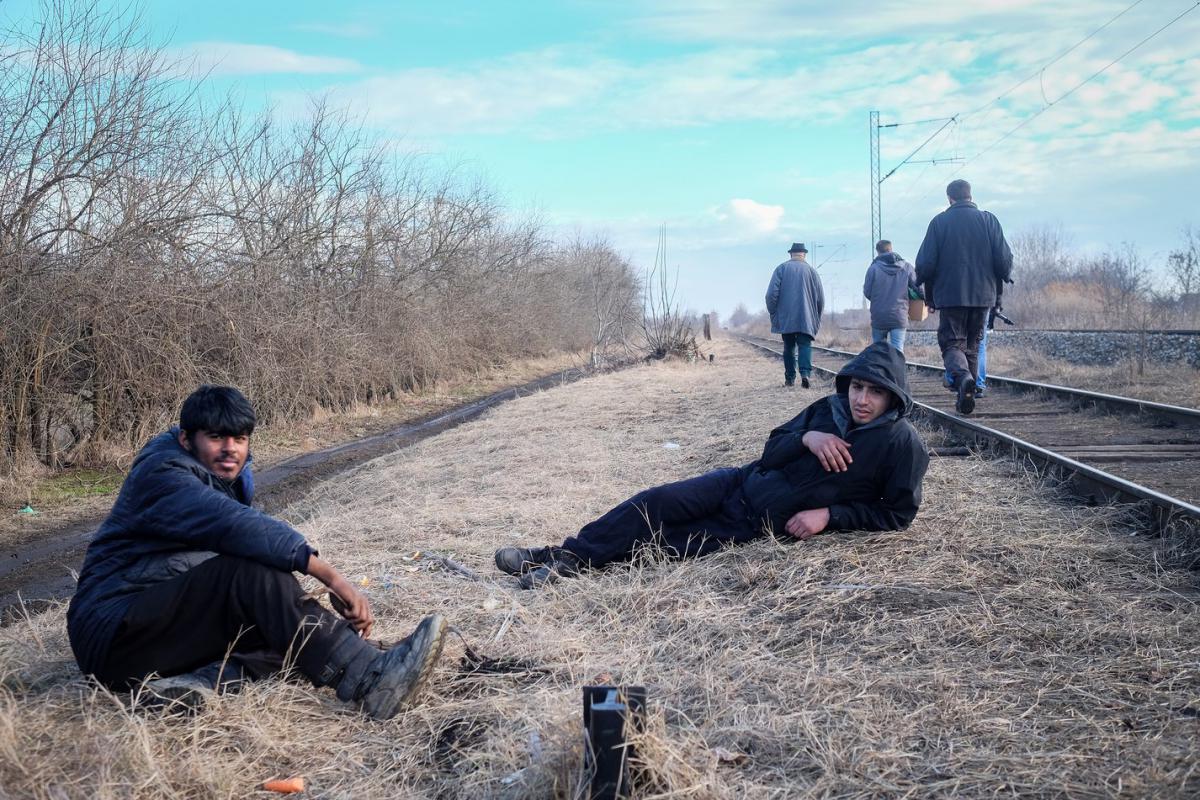
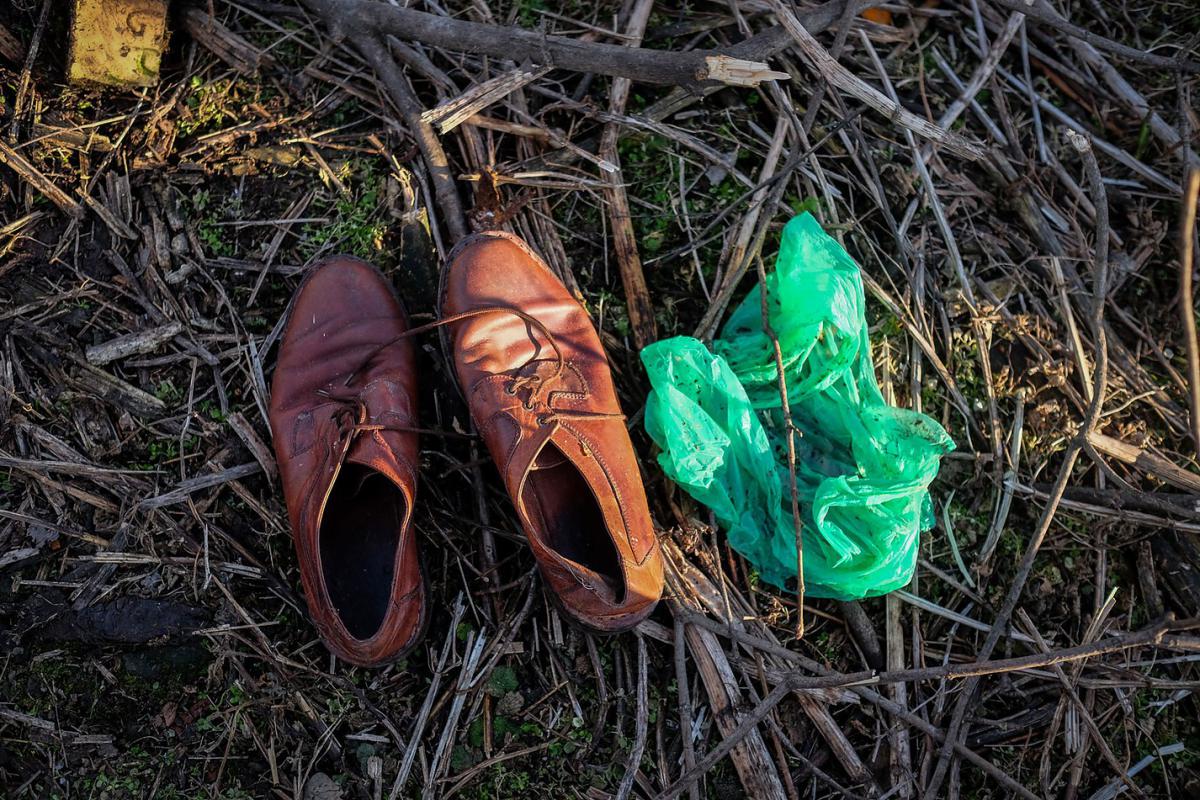
When asked how he and the others cope with the biting cold, Salman says: “It’s so difficult. We don’t have money to buy jackets, blankets and tents. The aid workers and volunteers give us almost everything we need. It’s so hard here to survive.”
Reports on the risks faced by the hundreds camping in ill-adapted shelters have shown that, to many, it is the assistance from aid organizations that makes the difference between life and death.
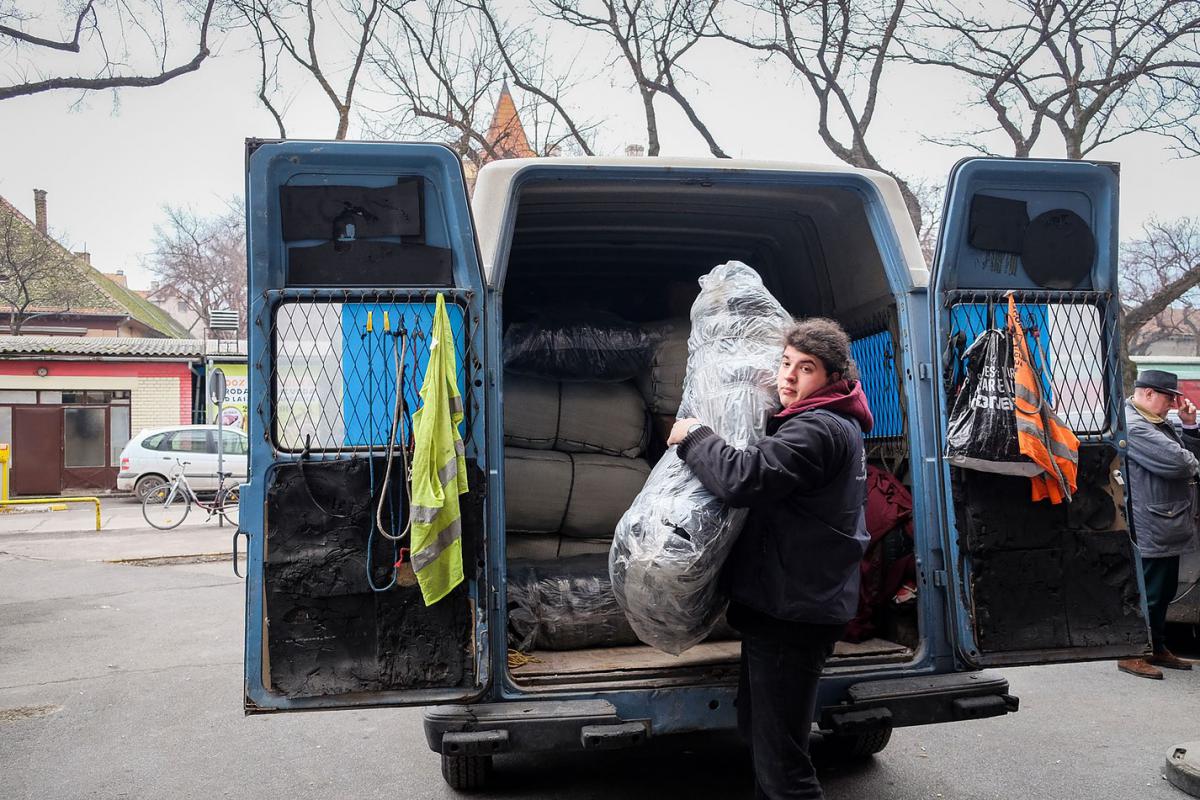
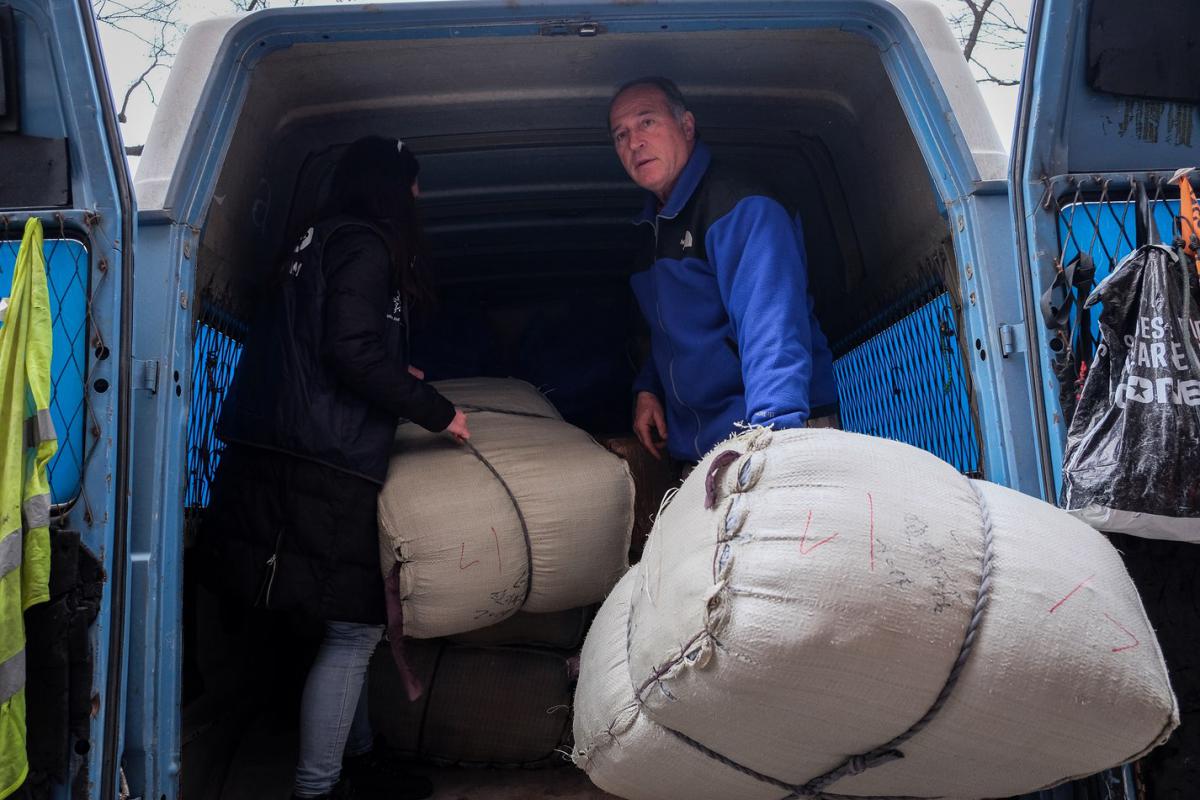
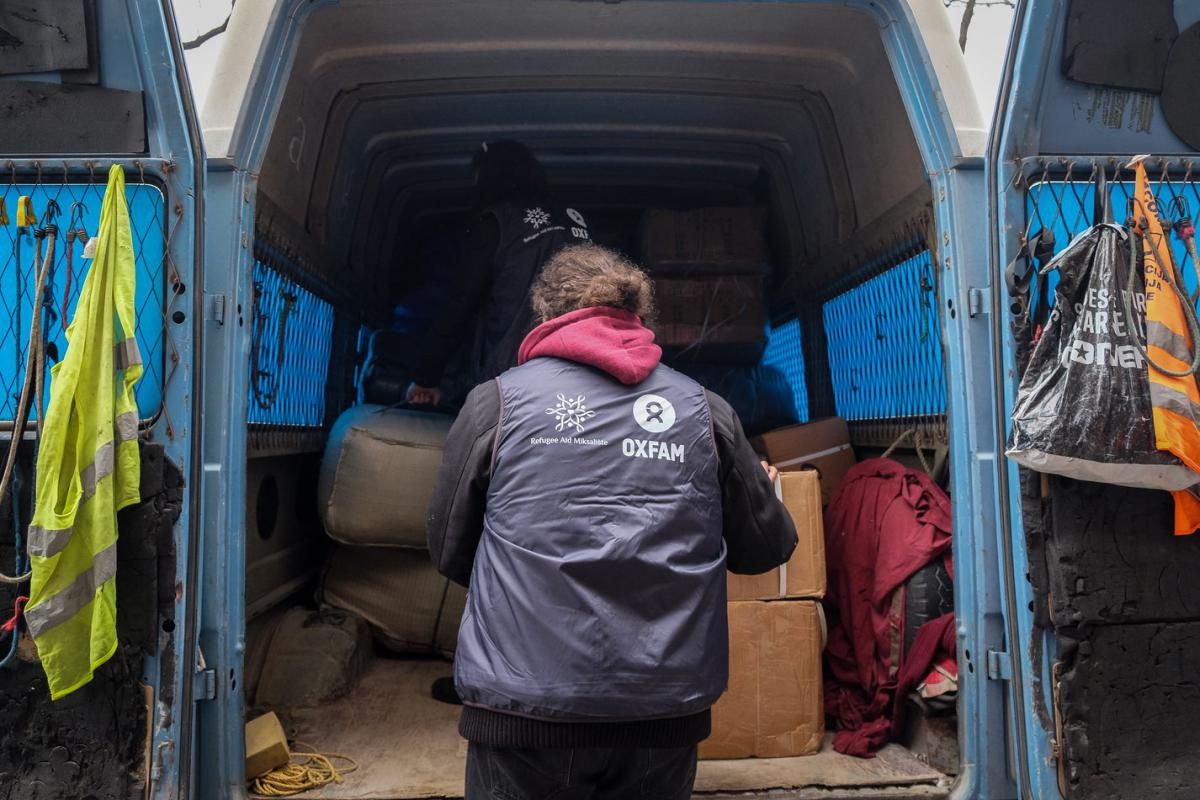
From distributing basic essentials to providing counselling and special care, Oxfam is on the frontline of support through a network of partners:
- Miksaliste organizes the delivery of food and clothing. Their center, located in Belgrade, hosts medical points and workshops. Miksaliste partners with Fresh Response, an independent volunteer organization, to deliver relief items to migrants in Subotica.
- Belgrade Center for Human Rights provides asylum seekers with legal assistance, including support for people who have been sent back across borders.
- ATINA is an association that addresses the risk of violence, sexual exploitation and trafficking faced by women refugees, and provides gender advice for other NGO programs
What you can do now: Donate to Oxfam's refugee and migrant appeal!
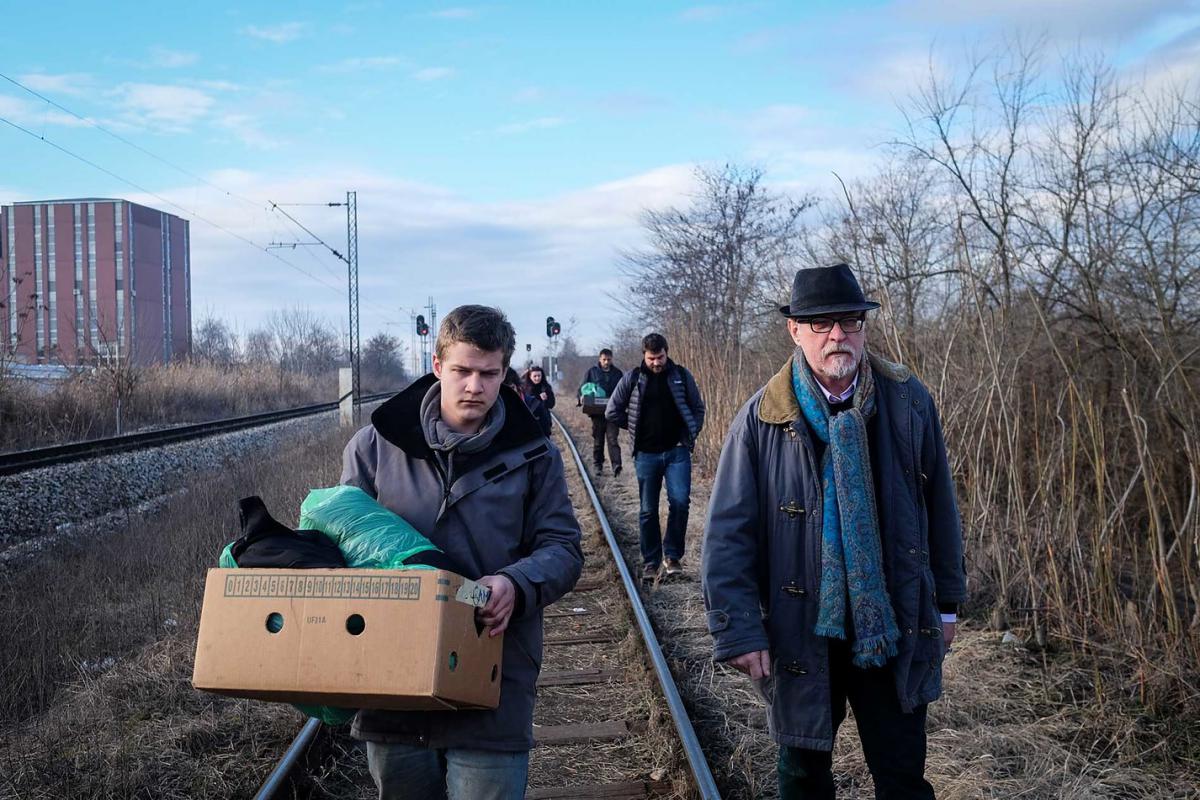

Source: https://oxfaminternational.exposure.co/crossing-the-serbian-border-to-hu...
Photos: Vladimir Zivojinovic/Oxfam, in the border town of Subotica, in northern Serbia, February 2017
Subotica, Serbia












 FACEBOOK
FACEBOOK TWITTER
TWITTER YOUTUBE
YOUTUBE